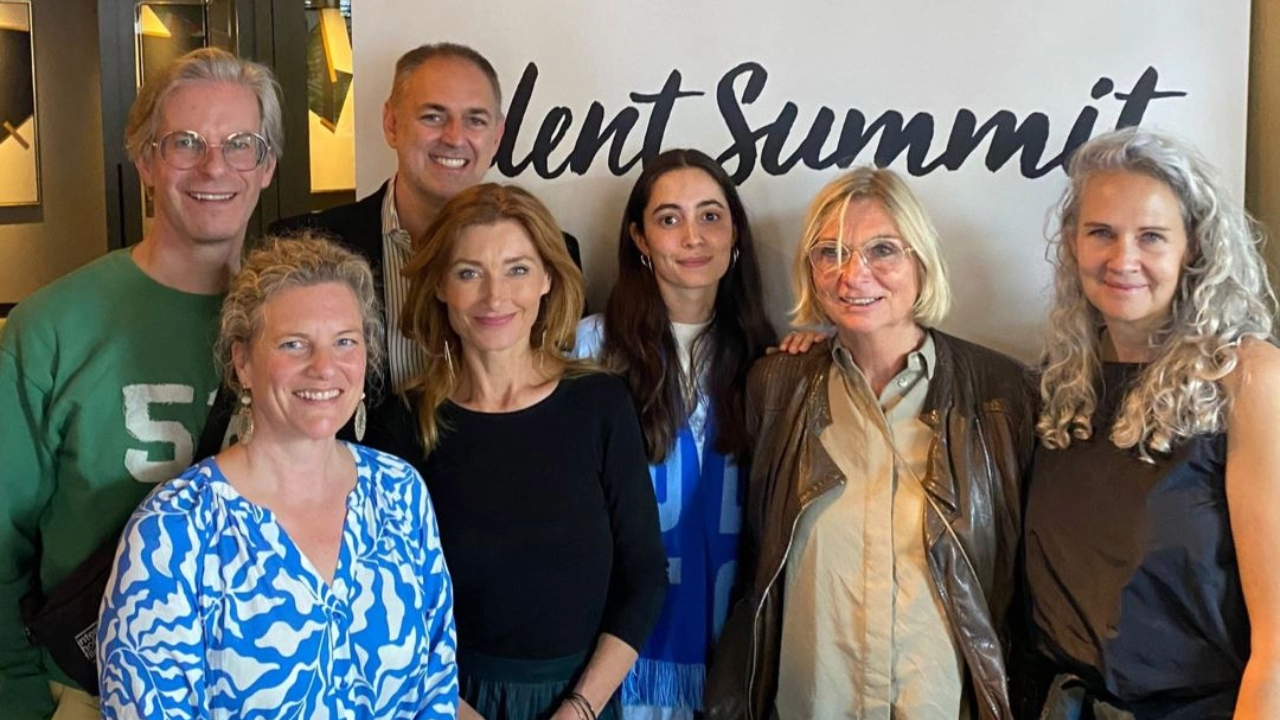The fear of new technologies has accompanied the entertainment industry and film culture from the very beginning. Ultimately, colour and sound film were just as unstoppable as private television and "internet videos". The German film industry is experiencing a deeply unsettling disruption this year, accompanied by gloomy forecasts and bankruptcy reports. AI is probably not yet responsible for this, but there are unmistakable harbingers of a gigantic disruption. Our industry will change. New workflows, solutions and business models will replace or at least change the familiar. Now is the time to recognise the opportunities and seize them at an early stage. When we look back from 2030, we will evaluate our current challenges differently and live in a new everyday reality. We asked industry players and AI systems about this perspective.
|


